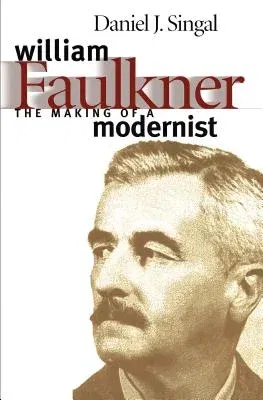Daniel Joseph Singal
(Author)William Faulkner: The Making of a Modernist (Revised)Paperback - Revised, 23 September 1999

Qty
1
Turbo
Ships in 2 - 3 days
In Stock
Free Delivery
Cash on Delivery
15 Days
Free Returns
Secure Checkout
Part of Series
Fred W. Morrison Series in Southern Studies
Print Length
376 pages
Language
English
Publisher
University of North Carolina Press
Date Published
23 Sep 1999
ISBN-10
080784831X
ISBN-13
9780807848319
Description
Product Details
Author:
Book Edition:
Revised
Book Format:
Paperback
Country of Origin:
US
Date Published:
23 September 1999
Dimensions:
23.57 x
15.65 x
2.36 cm
Genre:
Southeast U.S.
ISBN-10:
080784831X
ISBN-13:
9780807848319
Language:
English
Location:
Chapel Hill
Pages:
376
Publisher:
Weight:
589.67 gm

